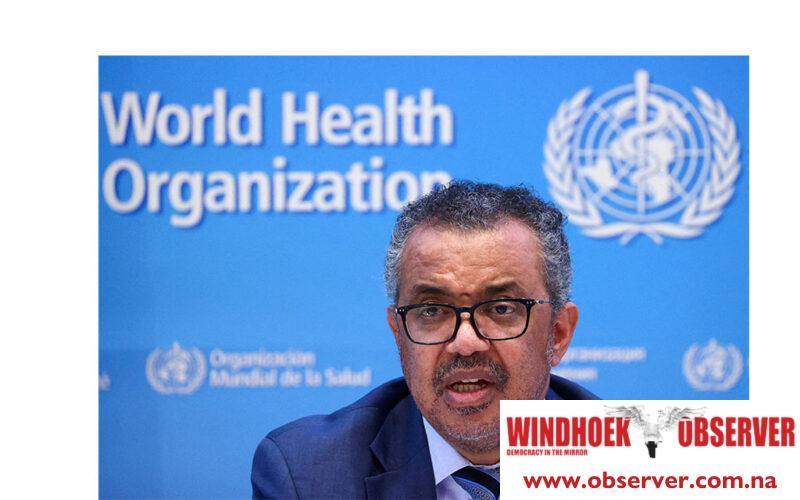Niël Terblanché
Sexually Transmitted Infections (STIs) continue to pose significant public health challenges worldwide, causing 2.5 million deaths each year, according to a new report from the World Health Organization (WHO).
The report, published earlier this week, indicates an alarming increase in sexually transmitted diseases, particularly in the Americas and African regions.
Dr Tedros Ghebreyesus, the WHO’s director-general said in the report that new data shows sexually transmitted diseases are on the rise in most regions, with the highest increases occurring in the Americas and the African regions.
“This trend is particularly concerning as it stresses the need for intensified public health interventions,” he said.
In 2022, WHO member states set a target to reduce the annual number of adult syphilis infections tenfold by 2030, aiming to decrease cases from 7.1 million to 0.71 million.
According to the WHO report, the reality is starkly different because globally new syphilis cases among adults aged 15-49 years increased by nearly one million in 2022, reaching a total of 8 million, with 230,000 syphilis-related deaths.
According to the report, the data indicates a troubling rise in multi-resistant gonorrhoea around the world.
Out of 87 countries where enhanced gonorrhoea antimicrobial resistance surveillance was conducted, nine countries reported elevated levels of resistance to the last line of treatment for gonorrhoea.
The WHO has responded by updating its recommended treatments to combat the spread of this multi-resistant gonorrhoea strain.
As a result, Dr Ghebreyesus stressed the importance of timely and effective treatment to curb the spread of these resistant strains.
In Namibia, the situation mirrors these global trends.
Recent data from the Namibian Ministry of Health and Social Services indicates a rise in STI cases, with syphilis and gonorrhoea being the most prevalent.
The Ministry has reported an increase in new syphilis cases, echoing the WHO’s findings.
Multi-resistant gonorrhoea also poses a significant challenge, with health officials emphasizing the need for enhanced surveillance and updated treatment protocols.
Dr Kalumbi Shangula, Namibia’s Minister of Health and Social Services, at the time of the announcement, expressed concern over increasing STI rates.
“The increase in sexually transmitted infections is a public health crisis that demands urgent attention. We are committed to strengthening our surveillance systems and ensuring that effective treatments are available to all who need them,” he said.
To address this growing health concern, Namibia has initiated several public health campaigns aimed at increasing awareness about STIs, promoting safe sexual practices, and improving access to healthcare services.
According to Shangula, these efforts are crucial in mitigating the impact of STIs on the Namibian population.




